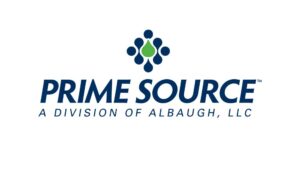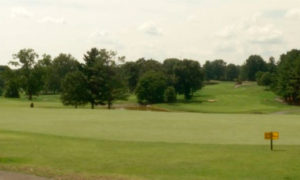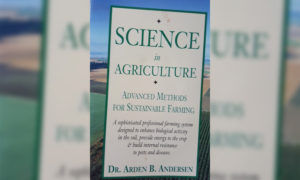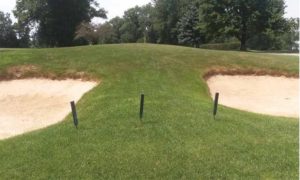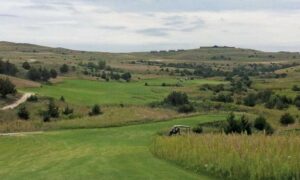August 18, 2015 – Scott McCullough, superintendent at The Ridge Golf Club, off of Airport Road in Auburn, has been planning for the drought for seven years, he said, so the last four years of dry weather haven’t been too hard on his customers’ golf game.
“We were proactive,” he said. “We changed sprinkler spacing and started using soils with a nutrient balance that works for us and not against us.”
Last spring Gov. Jerry Brown directed the State Water Resources Control Board to implement mandatory water reductions in cities and towns across California to reduce water usage by 25 percent, according to a state press release, but that mandate does not apply to raw, or untreated, water, according to Ross Branch, Public Affairs Manager at Placer County Water Agency.
Untreated water is what most local golf courses use on their greens, McCullough said.
PCWA took an extra step and reduced the amount of raw water it allots to its customers, including some Auburn-area golf courses, by 10 percent.
McCullough has been able to decrease The Ridge’s raw water use by 20 percent since last year, he said.
Other water-saving measures he’s implemented include cutting the grass at a longer height and no longer watering areas not in play, he said.
“We’re also using wetting agents,” McCullough said. “They help keep (the water) you have versus rewetting.”
The 147-acre golf course has reduced its footprint to 65-acres as well, he said, and he sprays the fairway with green paint when necessary.
“They’re doing a good job,” said golfers Charles and Debra Beckham of Loomis, who were enjoying a round of golf on Thursday. “The drought hasn’t affected our golf game.”
Some golfers like dryer grass said Mike Harty, superintendent of Black Oak Golf Course off of Dry Creek Road.
Black Oak also buys raw water from PCWA, he said. The water is pumped out of a nearby ditch on Dry Creek Road.
“We’re hanging in there,” he said. “It doesn’t look very nice, and there’s a lot of dead grass out here . . . but customers have been very understanding.”
Black Oak has reduced its water use by 35 percent compared to 2013, Harty said.
Branch did confirm that some of PCWA’s golf course customers have decreased water use more than the required amount.
“Measuring water isn’t an exact science,” he said. “But we know how much we put in, and how much we receive at the end of the canal . . . We feel very confident that our businesses are doing their part, including golf courses.”
Other golf courses in the Auburn receive water from the Nevada Irrigation District, according to Branch. NID did not return calls for comment.
Though state water code legislates that golf courses must use raw water outdoors if possible, some golf courses in the area may be using potable, or treated water. If that’s the case the courses have even further restrictions, according to George Kostyrko, Director of Public Affairs for the State Water Resources Control Board.
The Water Board mandates that potable water use must be reduced by 25 percent, and watering is allowed only two days each week, he wrote in an email.
Though Harty and McCullough are not bound by such tight restrictions both superintendents said they’d like to see more rain this winter.
“We have plans to start re-seeding the dead areas this fall,” Harty said. “If we get a good season we’ll try to get back to where we were . . . We’ve got our fingers crossed.”



